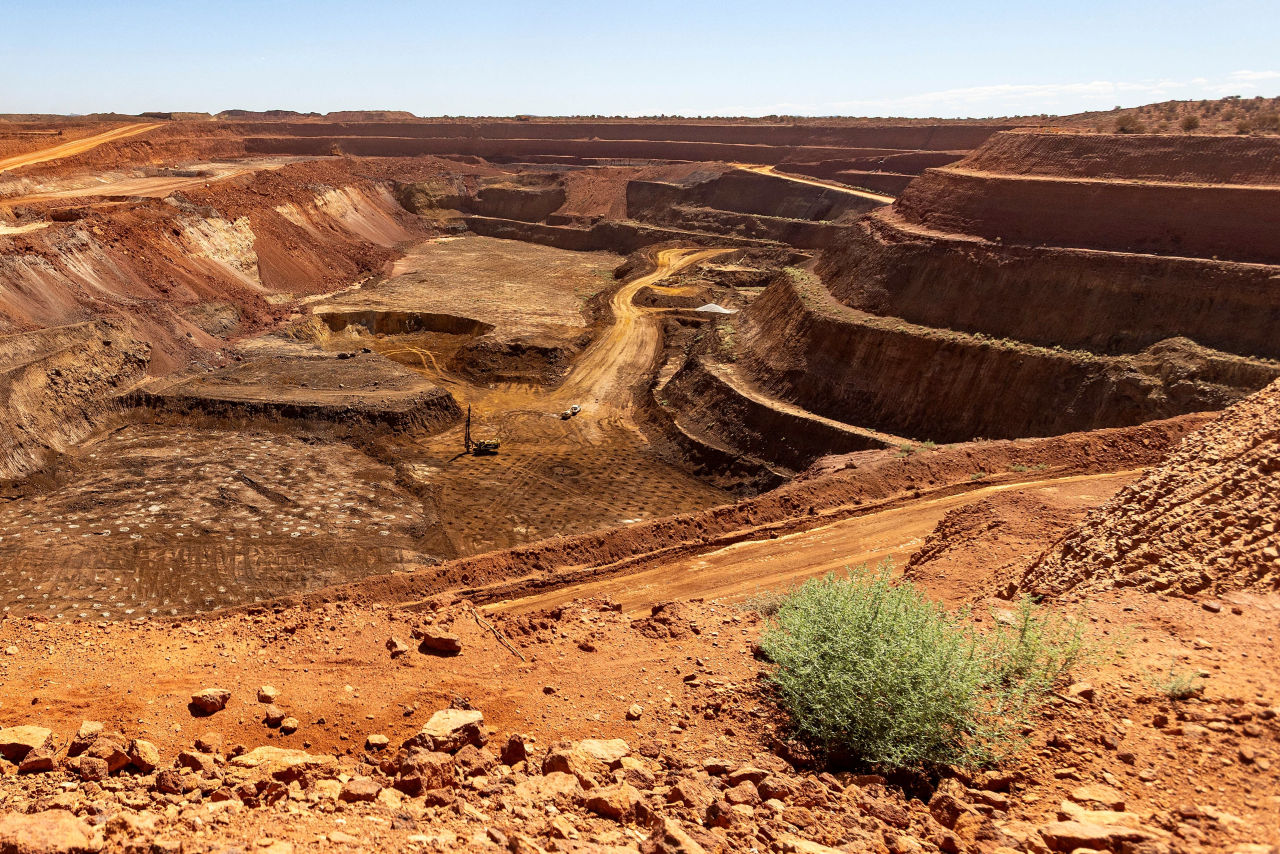Lynas Rare Earths Tightens Output and Sales Amid China Uncertainty

Strategic Management of Production Amid Uncertainty
Lynas Rare Earths, a leading supplier of rare earth elements outside of China, is closely monitoring its production rates and sales in response to the evolving landscape of Chinese export controls. The company’s chief executive, Amanda Lacaze, emphasized the need for caution as there remains a lack of clarity regarding how these restrictions will be implemented.
Following the release of Lynas's first-quarter report, Lacaze highlighted the importance of maintaining a stable supply chain, especially as governments around the world, including the United States, work to expand their own rare-earth industries. However, she also warned that certain actions could disrupt the existing non-China supply chain, which Lynas plays a crucial role in supporting.
Recent Developments and Market Volatility
In recent weeks, Beijing has announced plans to significantly expand its export controls, which now include goods produced using specific technologies or raw materials from China. This development has led to discussions about potentially delaying these restrictions as U.S. President Joe Biden and Chinese leader Xi Jinping seek to ease tensions in their ongoing trade disputes.
Lacaze noted that since the announcement on October 9, there has been a notable increase in demand from end customers and companies involved in new metal and magnet-making projects. Rare earths are essential components in various modern technologies, such as smartphones, electric vehicles, and advanced military systems.
Given the current market volatility, Lynas is adopting a cautious approach to production and sales. The company aims to manage its production rates carefully until there is more clarity on the implementation of the proposed restrictions.
Financial Performance and Operational Adjustments
Lynas reported a 31% increase in total sales during the three months ending in September compared to the previous quarter. Sales of neodymium and praseodymium reached record levels, although output of these key products was slightly lower than the prior quarter.
Lacaze stated that Lynas produced almost exactly what was planned, but the company is hesitant to provide guidance on future production volumes. “The market is so volatile right now that we will be cautious about even giving the vaguest of guidance,” she said during a call with analysts.
The company is focused on meeting the demands of its strategic customers and developing new sales agreements. It has also highlighted recent government agreements, including a new deal between the U.S. and Australia aimed at strengthening domestic supplies of rare earths.
Government Collaboration and Supply Chain Challenges
While the collaboration between governments is gaining attention, Lacaze expressed some frustration over the slow pace of negotiations. She emphasized that the most pressing issue is ensuring that efforts to build out the industry do not undermine the current non-China supply chain.
“Ensuring that policies put in place support that supply chain is really important,” she said. If China implements its latest export controls, some materials and equipment previously sourced from China may become restricted.
Lynas has identified alternative supply sources for all inputs, although this comes at a higher cost. Despite this, the company remains confident in its ability to source necessary materials without jeopardizing its operations.
Expansion Plans and Future Projects
Lynas has announced plans to construct a new heavy rare-earth separation facility in Malaysia to meet the growing demand for critical minerals outside of China. The project includes the first production of samarium, a key element used in defense technologies like the F-35 jet fighters, starting next April.
Lacaze mentioned that the company is working to finalize negotiations with potential customers on pricing. Meanwhile, the status of a proposed heavy rare-earth processing facility in Seadrift, Texas, remains uncertain.
Plans for the Texas facility, which received approximately $258 million in funding from the Pentagon in 2023, have faced challenges related to wastewater management. Changes needed to address these issues could increase the project's costs.
Lynas has decided to focus its efforts on the new plant in Malaysia due to its ability to deliver additional supply more quickly and at a lower cost. However, the company continues to work with the Department of War (a revived name for the Defense Department) on offtake agreements to ensure access to critical materials for defense applications.
Post a Comment